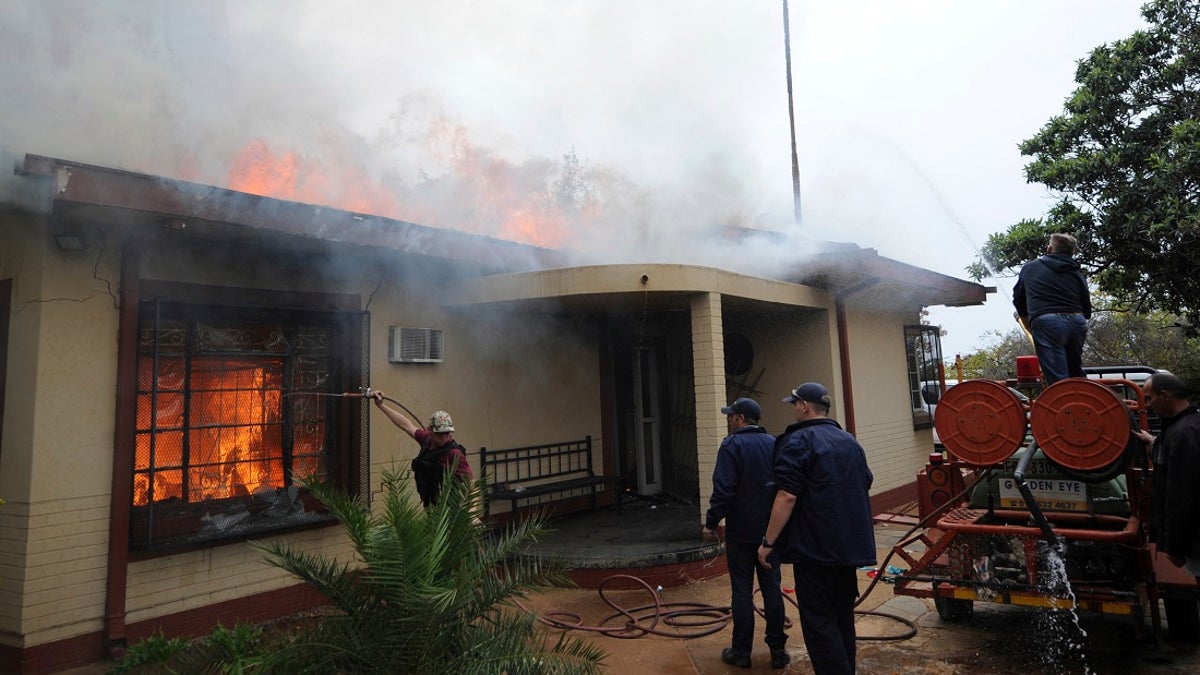South Africa’s solidarity union will launch a strike on Monday over a share ownership program offered only to black staff at Sasol, the global leader in technology conversion from coal and gas to fuel.
“We intend to switch off a different section of Sasol each day by means of well-laid and strategic plans,” the white-majority, 6,300-person union said in a statement Saturday, noting that it has planned for three weeks of industrial action.
Under black economic empowerment regulations, South African companies are mandated to adhere to quotas on black ownership, employment and acquisition as one aspect of an overall effort to counter decades of omission under apartheid.
The major petrochemicals firm – which has around 26,000 employees at provincial operations – recently initiated a new 10-year staff share program called Khanyisa, in which white workers and foreign nations are prohibited. The new scheme comes on the heels of the previous Inzalo strategy, which included white employees.
“Sasol therefore had a history of inclusion,” the union statement continued. “But now it has a future of exclusion.”
The latest development comes amid rising controversy in South Africa over alleged acts of “land and farm reform” in South Africa, which prompted an unexpected tweet from President Trump last month asking Secretary of State Mike Pompeo to examine the “land and farm seizures and expropriations and large scale killing of farmers” in the country.
MORE IRANIANS 'BUYING' PASSPORTS IN OTHER COUNTRIES TO EVADE US TRAVEL BAN, SANCTIONS
TRUMP ADMINISTRATION WALKING BACK OBAMA-ERA FOREIGN POLICY MISTAKES IN BURMA
The South African rand instantly fell 1.9 percent and Pompeo and U.S Trade representative, Robert Lighthizer, are said to be contemplating ousting South Africa from the African Growth and Opportunity Act (AGOA).
The country’s government hastily dismissed Trump’s tweet, insisting that the U.S president was mistaken and that the program to clinch land from whites to distribute to blacks would be carried out in a “careful and inclusive manner that does not divide our nation.”
The U.S Embassy in South Africa also rebuked the assertions, issuing a cable highlighting that “farmers suggested that they are more vulnerable to violence because of the remoteness of the farms and inadequate responses of law enforcement agencies, but they also noted that farm violence has never resulted in any kind of land seizure.”
The cable further assailed that “some journalists and lobby groups have simplified complex land disputes to serve their own ends.” Much of the media, too, disected Trump's comments as missing the mark.
Nonetheless, security experts and analysts anticipate that the hot-button issue is not going to simmer anytime soon, and could have considerable consequences.

South Africa farming and land rights issue expected to gain momentum (Copyright 2017 The Associated Press. All rights reserved.)
“Land expropriation by the current government is not only unethical it is dangerous. The desperate and the criminal will take advantage of this, killing of white farmers was already an issue, this new forced transference of property will exacerbate this criminal issue and promote violence,” Tony Schiena, a South African former intelligence operative and owner of private security firm MOSAIC told Fox News. “I fail to believe that there will not be an uprising in the right wing or that it won’t gain support by those white people who previously were not fundamentally right. I would think that an underground regrouping of the right would be prevalent and defensive action would be forthcoming.”
And according to international banking and affairs analyst Dennis Santiago, the alleged “reverse apartheid” is a “strategic mistake for the country.”
“The goal when apartheid ended was that South Africa would become a beacon for all of Africa to live in better harmony. The Marxist contingent of the present South African government risks taking a great country and turning it back into a Third World mediocre one,” he added. “It would be unfortunate for all of Africa if that happened. South Africa is vital to regional stability. It brought stability to half of that continent for decades. It is still relied upon to do so. What happens in South Africa will have consequences to the rest of the continent. This is a ticking time bomb.”
